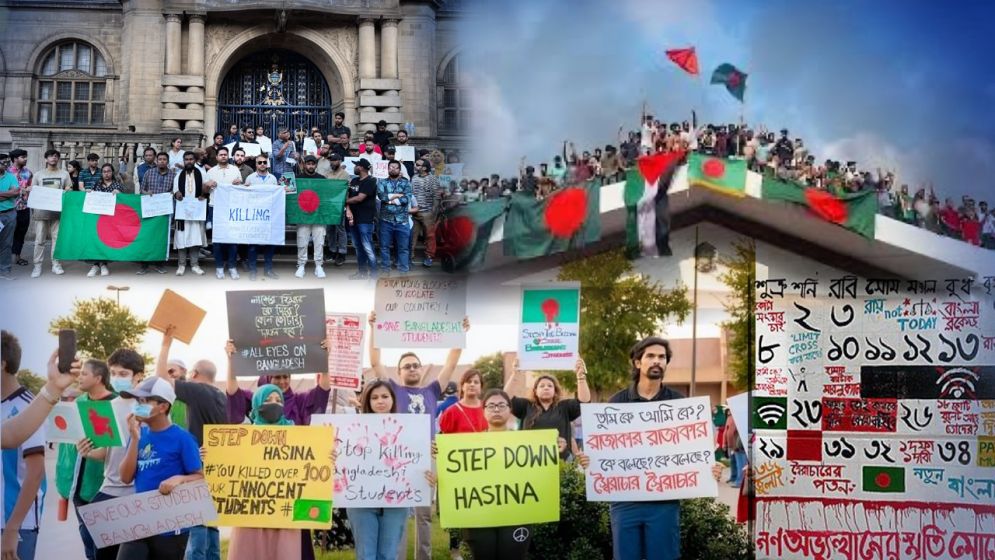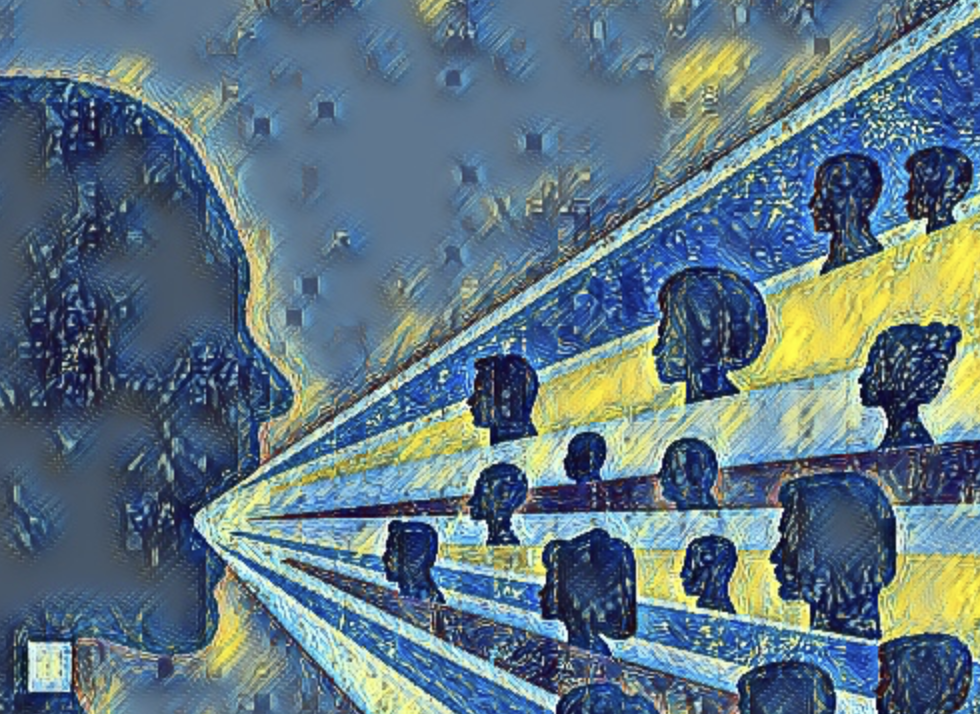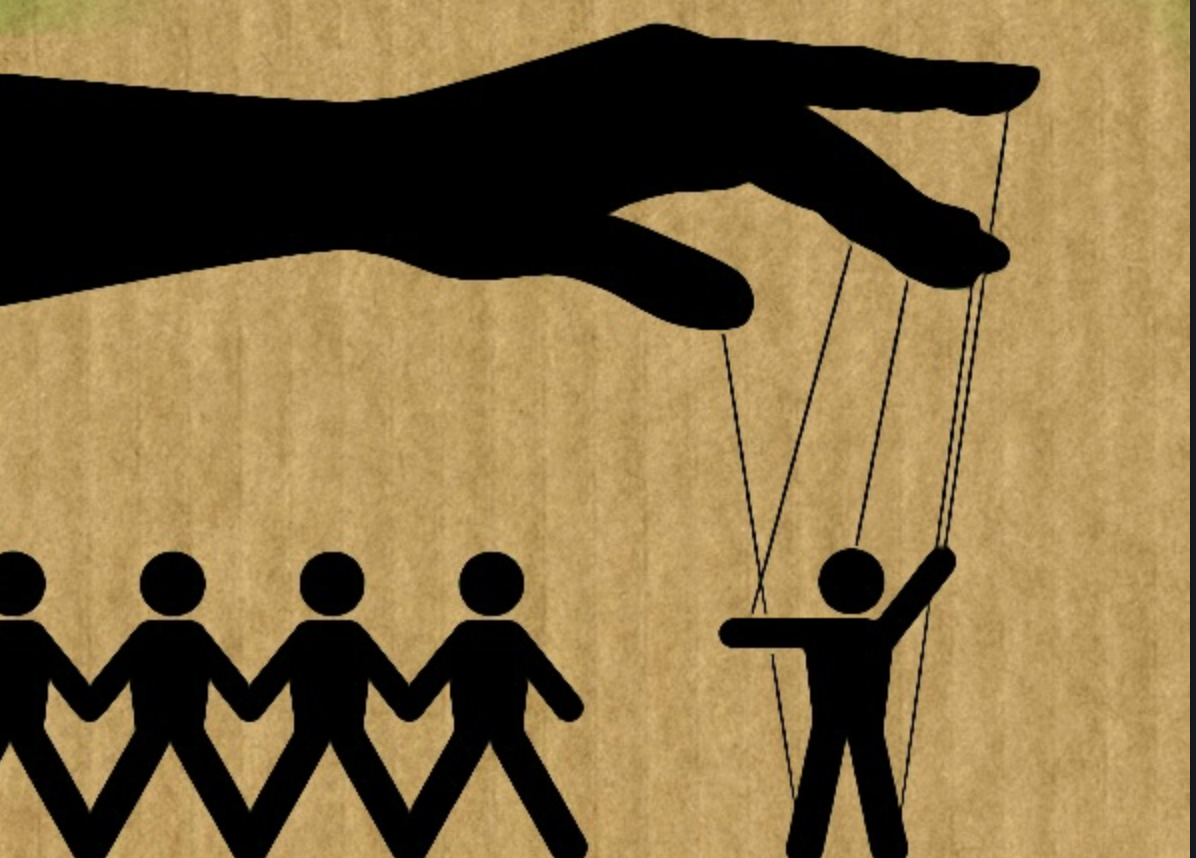‘This time, we belong’: The Bangladeshi diaspora’s July uprising reclamation

Before the uprising of July 2024 reshaped the nation, there was a quieter cruelty that many of us in the diaspora had long endured–a familiar sting dressed as a question, hurled at us with casual contempt:
“Why should you care about Bangladesh? You left. You chose comfort. You don’t belong anymore.”
For years, this refrain has shadowed every attempt by Bangladeshi expatriates to engage with the country’s future. We were morally disqualified for crossing borders, politically silenced for seeking opportunity, emotionally disowned for building lives elsewhere.
Not just by the state—but by our own. As if leaving the country meant forfeiting the right to feel for it. As if visas came with a vow of silence. As if distance diluted devotion.
But here's the truth: we didn’t just leave a passport behind. We left childhoods that still live inside us. We left behind friends whose voices echo when we sleep. We left the smell of rain-soaked earth, the chaotic poetry of Dhaka traffic, the sweetness of tea on a street corner. We left our youth, our wounds, and too often—our voice.
What we never abandoned was our love for Bangladesh. And no amount of immigration paperwork can annul that.
What’s most painful, though, is the hypocrisy. The Bangladeshi diaspora has long been cast as disconnected, selfish, unrooted. Yet the very nation that questions our right to care eagerly accepts our money–without hesitation and without acknowledgment.
In the 16 years leading up to 2025, expatriate Bangladeshis sent over $260 billion back home–often from minimum-wage jobs, grueling labor, and lives lived without safety nets.
From July to December 2024 alone, even amid political turmoil, the diaspora sent over $13.7 billion. Since independence, that figure stretches into the $400–500 billion range.

The rise of diaspora against tyranny
These are more than just numbers. These are hospital bills paid, families fed, education funded, infrastructure built. The government banks on these remittances to stabilize the economy.
It celebrates the influx in press releases. But it never asks what’s lost in that transaction–who’s left behind in airport lounges, what is sacrificed in silent residences in the Middle East.
For over five decades, the Bangladeshi diaspora–millions strong–has been denied a say in the country we helped build. We watched from afar as elections were rigged, dissent silenced, and futures stolen. We were forced to participate as spectators, never citizens.
But even if we accept the narrative–yes, some of us did leave for a better life–does that tell the whole story?
It erases the Bangladeshi doctor in London treating patients with a heart still tethered to Chittagong. The construction worker in Riyadh, toiling for hours under a punishing sun, sending most of his paycheck back to Sylhet.
The engineer in Toronto lobbying for labor rights back home. The writer in Berlin grieving over headlines from Dhaka. The activist in Washington organized rallies when others stayed silent.
And the July Uprising reminded the world that Bangladesh is still capable of defying tyranny, that its people–young and old–can reclaim their dignity when pushed too far.
But let us not forget: many in the diaspora rose alongside them. They rallied. They donated. They documented. They amplified. They have truly become Bangladesh’s silent backbone.

Regaining of political agency
These men and women have endured brutal conditions: withheld wages, confiscated passports, 16-hour shifts, crowded dormitories with no running water. The very institutions meant to protect them–Bangladeshi consulates and missions–have too often acted as enforcers of silence, not defenders of rights.
Hundreds of documented complaints reveal a grim pattern: bureaucratic neglect, indifference, even hostility. During the previous regime, workers were denied legal help, harassed for seeking support, and, in some cases, punished for merely criticizing what was happening back home.
Some were jailed abroad–not for breaking foreign laws, but for daring to speak out against political killings in Dhaka. For holding a poster. For whispering the word justice. These weren’t acts of apathy. They were coordinated acts of repression.
But in July 2024, that silence cracked.
As the uprising took root on the streets of Dhaka, something extraordinary happened thousands of miles away. From Milan to Muscat, from Queens to Qatar, Bangladeshi migrants rose–not as spectators, but as citizens.
They organized rallies. They documented atrocities. They raised money for victims’ families. They flooded digital spaces with truth.
They reminded a nation that while exile can wound, it cannot erase belonging.
For the first time in decades, the Bangladeshi diaspora did not wait to be invited into the national conversation–they crashed the gates. What had been internalized shame became a political agency.
What had been isolation became collective action. And what had been a long history of exclusion was met with a defiant refusal to stay silent any longer.
The question now is not whether the diaspora deserves a voice. It’s whether Bangladesh is ready to listen. Because we’re not waiting anymore. We’ve reclaimed our space–in memory, in history, and in politics.
And we are just getting started.
—
Dilshana Parul is the Coordinator of NCP Diaspora Alliance. She is a development professional in Australia

